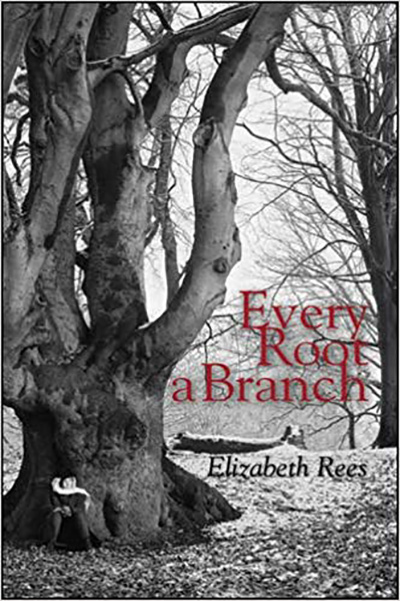“Rees’s poetic imagination, imagistic and psychologically honed, projects back into history, as far back as the myths of origin—and these poems, weighted with mattering, give a picture of the narrative behind our daily projections: longings, sorrows, retributions and redemptions. We feel a poet doing the poet’s hard work, processing what is.”
—Sven Birkerts
“Elizabeth Rees’s poems project the bare inherent tattering of memory reknitting the current with ferocious loyalty & precise quick lilt: His hands hold his head / because his mind can’t see / why his eyes should weep. (Man Weeping in a Chair.) They are lucid in agitation: There isn’t time… / No, that’s wrong, / there are buckets of time. / Exploding takes forever. (Saboteurs.) With discerning detail & achingly tender triage—frontal, tough, sweet—they dig out the live among the dead, having blessed the bones. Enlivened, we emerge as the poems do: … a cave opens / and we wander out, squinting / from the heavy slope of light. (Sinai Desert Walk.)”
—Olga Broumas
“No doubt that Elizabeth Rees is a poet of the world—commanding a range of subjects, replete with cultural and religious references, as she travels the terrains of our globe, utilizing the language of poetry as truth, never severing social consciousness from private mediations on family bonds, from which the book takes its title: My knees smeared with mulch, I tilled / until every stone was turned, until the fault was deep enough to bury / all the seeds that could have borne / a son. Weeds will be my daughters / and every root a branch. Reflective, fearless, and unrelenting with love, these poems pulsate to the music of formal poetry, while simultaneously liberating the vernacular to express the wonder and challenge of being human in a conflicted world, invoking poems of toughness and glass-like fragility.”
—Judith Harris


